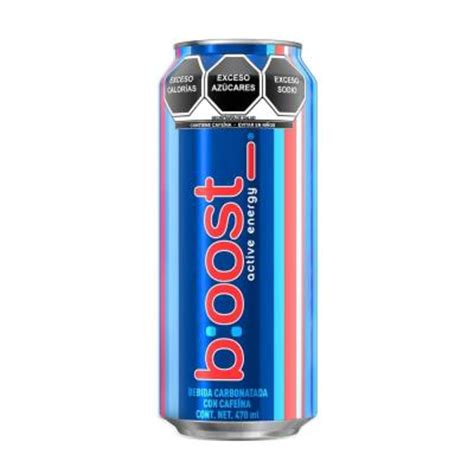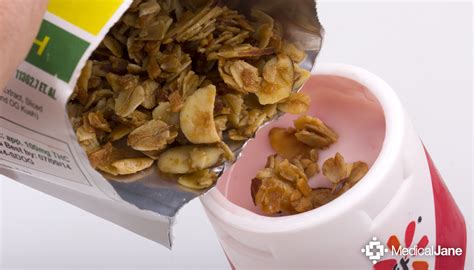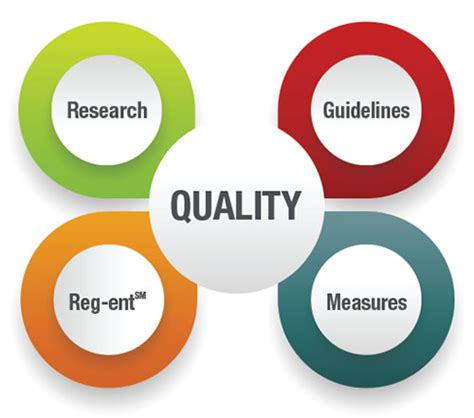How to boost testosterone naturally for peak muscle and energy performance?

Unlocking Your Full Potential: Naturally Boosting Testosterone
Testosterone, often hailed as the king of male hormones, plays a pivotal role far beyond just sex drive. It’s crucial for building muscle mass, maintaining bone density, regulating mood, and sustaining high energy levels. While synthetic options exist, many individuals seek natural ways to optimize their testosterone, harnessing their body’s innate capabilities for peak physical and mental performance.
Elevating your testosterone naturally involves a holistic approach, encompassing diet, exercise, sleep, and lifestyle choices. By strategically implementing changes in these key areas, you can create an environment where your body thrives, leading to significant improvements in muscle growth, strength, and overall vitality.
Fueling Testosterone: The Power of Nutrition
Your diet is a cornerstone of hormone production. Certain nutrients are essential for testosterone synthesis, while others can impede it. Focus on a balanced intake of macronutrients and specific micronutrients.
- Healthy Fats: Don’t shy away from healthy fats found in avocados, olive oil, nuts, seeds, and fatty fish (like salmon). Cholesterol, a precursor to testosterone, is derived from these fats.
- Lean Protein: Adequate protein intake (chicken, turkey, lean beef, eggs, legumes) supports muscle repair and growth, indirectly supporting a healthy hormonal environment.
- Crucial Micronutrients: Zinc (oysters, red meat, pumpkin seeds) is vital for testosterone production. Vitamin D (sunlight, fortified foods, fatty fish) is practically a pro-hormone itself, with strong links to testosterone levels. Magnesium ( leafy greens, nuts, seeds) also plays a role in free testosterone availability.
- Limit Sugar and Processed Foods: High sugar intake can lead to insulin resistance and inflammation, which can negatively impact testosterone levels. Minimize processed foods, refined carbohydrates, and excessive alcohol consumption.

Exercise Smart: Training for Testosterone
Not all exercise is created equal when it comes to boosting testosterone. Certain types of physical activity are more effective at stimulating its production.
- Strength Training: Compound movements like squats, deadlifts, bench presses, and overhead presses engage multiple muscle groups and elicit a significant hormonal response. Aim for 3-5 strength training sessions per week with adequate rest.
- High-Intensity Interval Training (HIIT): Short bursts of intense exercise followed by brief recovery periods have been shown to temporarily increase testosterone levels and improve overall fitness.
- Avoid Overtraining: While exercise is good, excessive or chronic endurance training without sufficient recovery can actually suppress testosterone and elevate cortisol (a stress hormone). Listen to your body and prioritize recovery.

Rest and Recovery: The Hormonal Rebalancing Act
Often overlooked, sleep and stress management are critical for maintaining healthy testosterone levels.
- Prioritize Quality Sleep: Your body produces most of its testosterone during deep sleep cycles. Aim for 7-9 hours of uninterrupted, quality sleep each night. Establish a consistent sleep schedule and create a conducive sleep environment.
- Manage Stress Effectively: Chronic stress elevates cortisol, which can directly suppress testosterone production. Incorporate stress-reduction techniques into your daily routine, such as meditation, yoga, deep breathing exercises, spending time in nature, or engaging in hobbies you enjoy.

Lifestyle Factors for Optimal Hormone Health
Beyond diet and exercise, several lifestyle choices can impact your testosterone levels.
- Maintain a Healthy Weight: Excess body fat, particularly around the abdomen, can lead to increased conversion of testosterone into estrogen. Losing weight, if overweight or obese, can significantly improve testosterone levels.
- Limit Exposure to Endocrine Disruptors: Certain chemicals found in plastics (BPA, phthalates), pesticides, and personal care products can mimic or interfere with hormones. Opt for natural alternatives and store food in glass containers when possible.
- Limit Alcohol Consumption: Excessive alcohol intake can interfere with testosterone production and metabolism in the liver. Moderate consumption is generally acceptable, but heavy drinking should be avoided.

Strategic Supplementation (With Caution)
While a whole-food diet and healthy lifestyle are paramount, certain supplements might offer additional support, but should never replace foundational habits and ideally be discussed with a healthcare professional.
- Vitamin D3: If your levels are low due to insufficient sun exposure, supplementation can be beneficial.
- Zinc & Magnesium: If dietary intake is insufficient, these can be considered. Many people are deficient in magnesium.
- Ashwagandha: An adaptogenic herb that may help reduce stress and potentially improve testosterone levels in some individuals.

Conclusion: A Holistic Path to Peak Performance
Boosting testosterone naturally is not about quick fixes; it’s about adopting a sustainable, healthy lifestyle. By optimizing your nutrition with whole, nutrient-dense foods, engaging in effective strength training and HIIT, prioritizing sufficient sleep, and actively managing stress, you create the ideal environment for your body to produce and utilize testosterone efficiently. This holistic approach will not only contribute to enhanced muscle growth and sustained energy but also improve your overall well-being, mood, and confidence, helping you achieve peak performance in all aspects of life.









